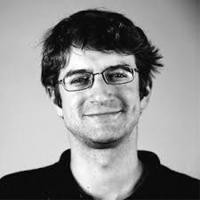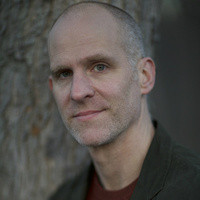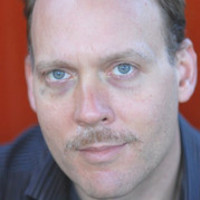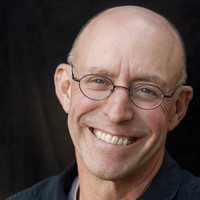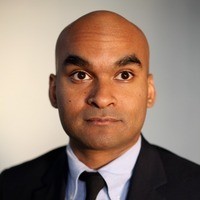Ten Million a Year
“If the pandemic so terrified us that billions of us retreated into panicked cocoons for months, what can explain or justify our blindness and indifference towards the ten million lives ended each year by the repeated inhalation of smog?”

